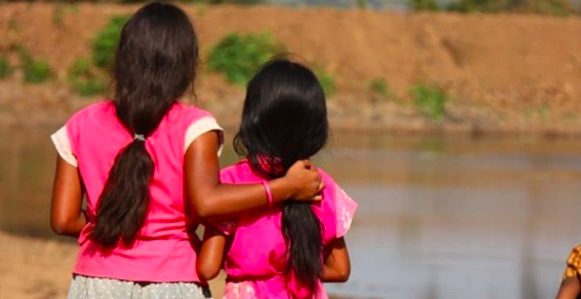
Still left behind- Nigerian survivors of Boko Haram
More than a decade into the conflict between Boko Haram and the Nigerian government, survivors of the extremist group’s brutal abuses—including forced marriage and human trafficking—are still being failed by the state, according to new survivor testimony gathered by Amnesty International.
Girls and young women are still being neglected by government authorities after escaping Boko Haram captivity in north-east Nigeria. This is happening despite promises made following the 2024 release of Amnesty’s landmark report Help us build our lives. Isa Sanusi, Director of Amnesty International Nigeria said:
“One year later, it is unacceptable that the Nigerian authorities still cannot ensure these girls and young women are able to rebuild their lives in safety.”
A legacy of abuse: forced marriage and trafficking
Boko Haram, an Islamist militant group whose name loosely translates to “Western education is forbidden,” began its insurgency in Nigeria in 2009. Since then, the group has waged a campaign of terror, targeting civilians, kidnapping schoolgirls, and forcibly marrying them to fighters. These forced unions, often involving children, are not only violations of international human rights law—they are clear instances of human trafficking.
Seven of eight survivors that Amnesty spoke to in early 2025 were between the ages of 12 and 17 that were forcibly married to Boko Haram members. One was a 22-year-old woman who was abducted and married off as a child. None received tailored reintegration services or access to counselling, education, or vocational training.
“Victims of Boko Haram abuses, including forced marriage and trafficking, are still not being identified and helped,” Sanusi said. “Girl survivors are still overwhelmingly invisible to the government authorities.”
